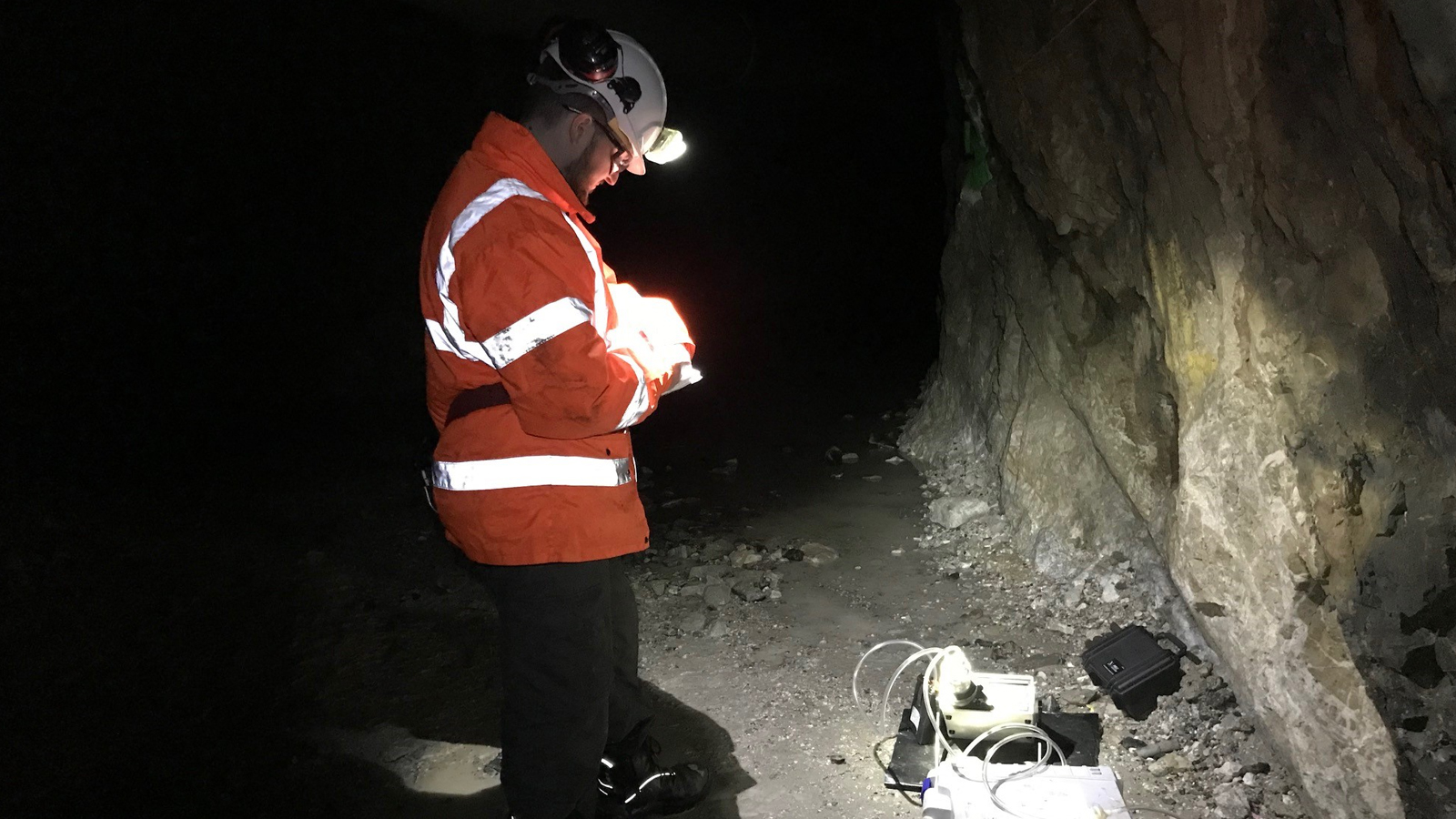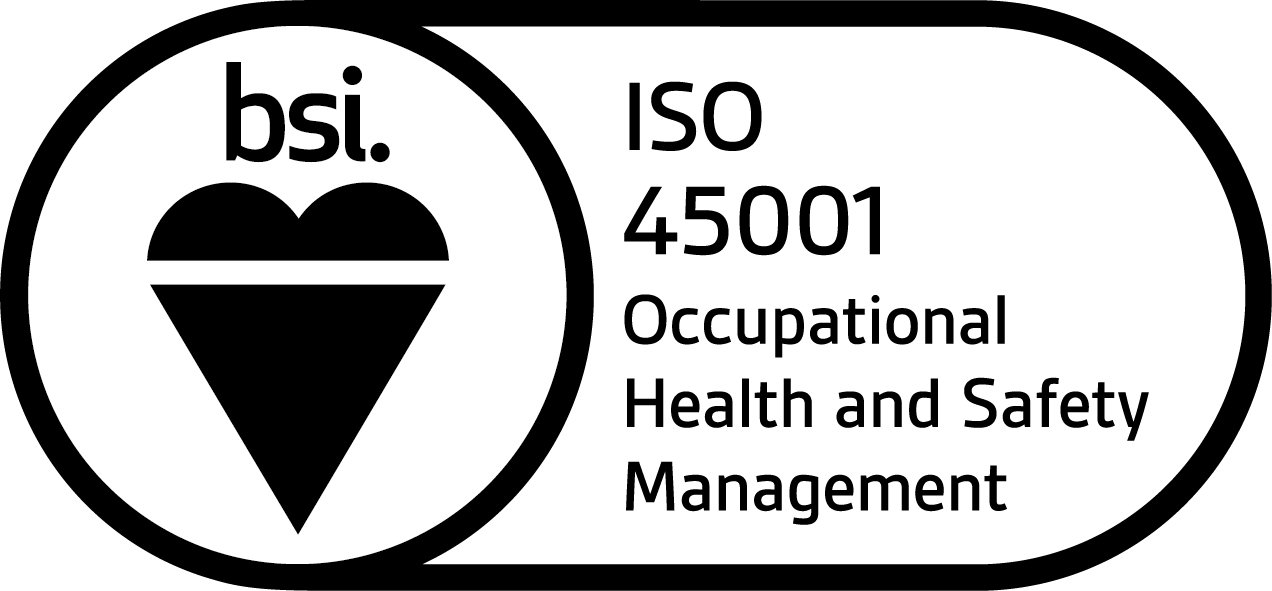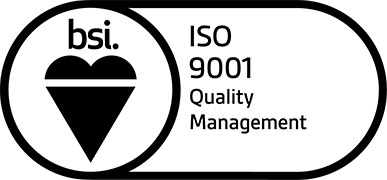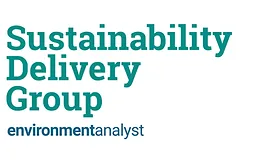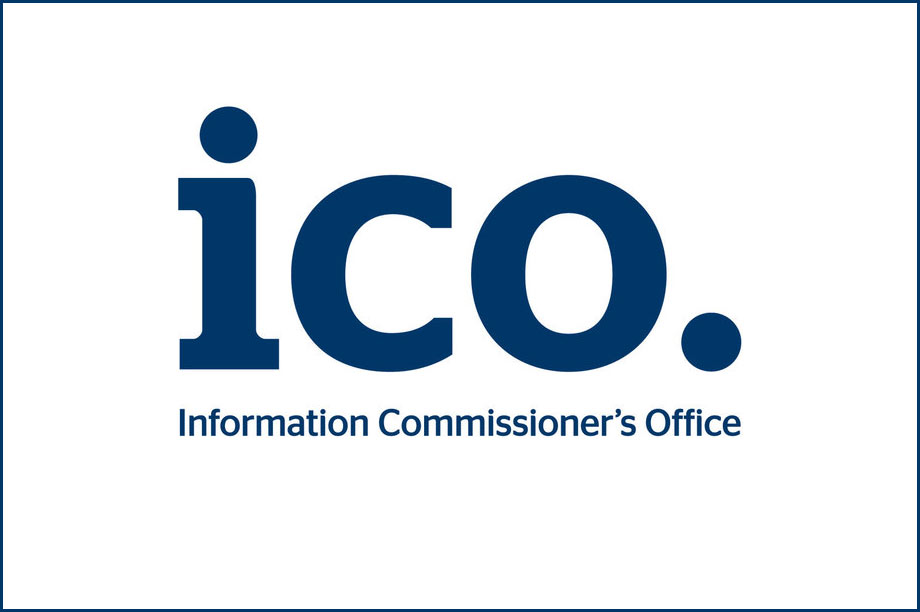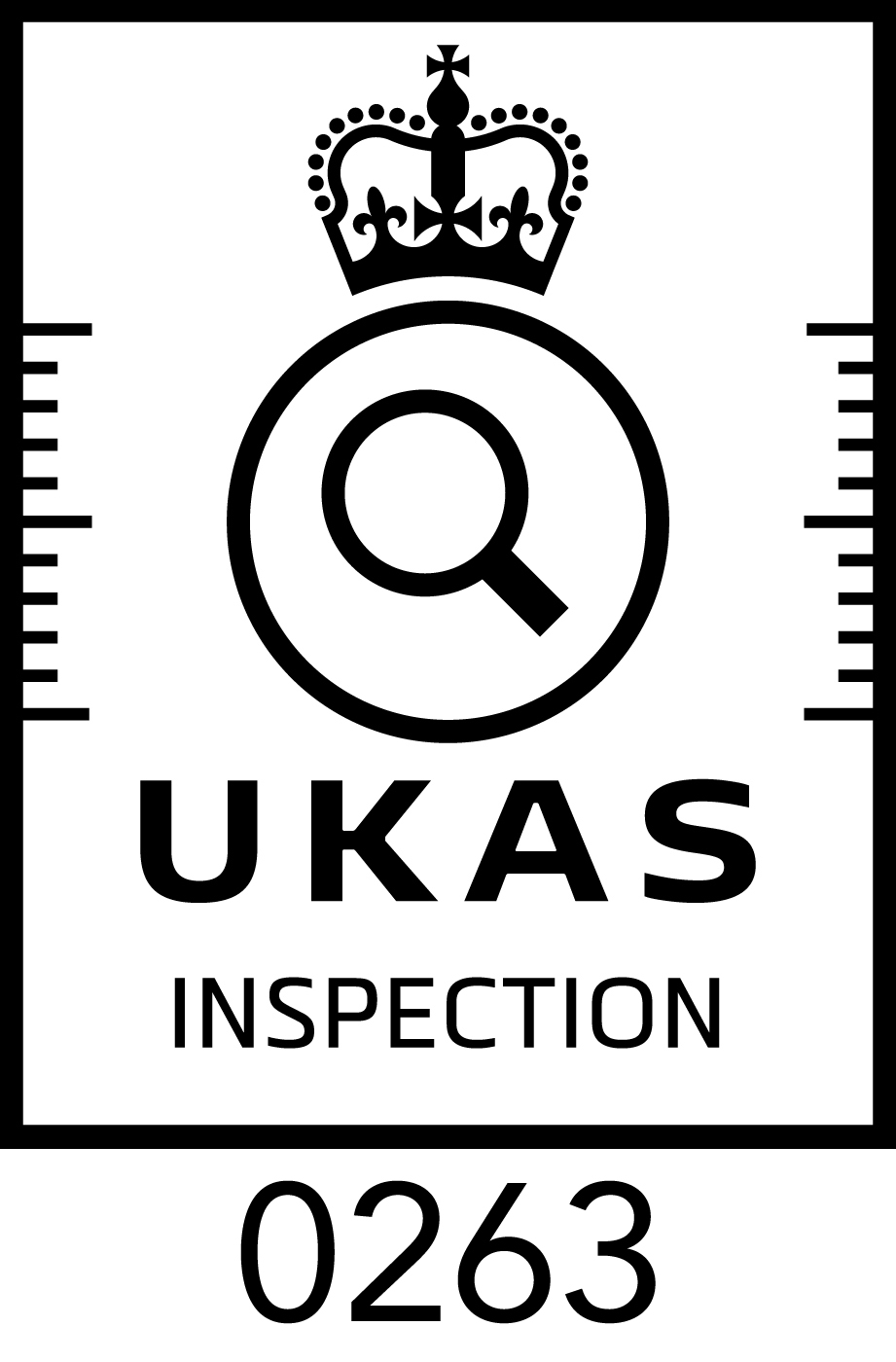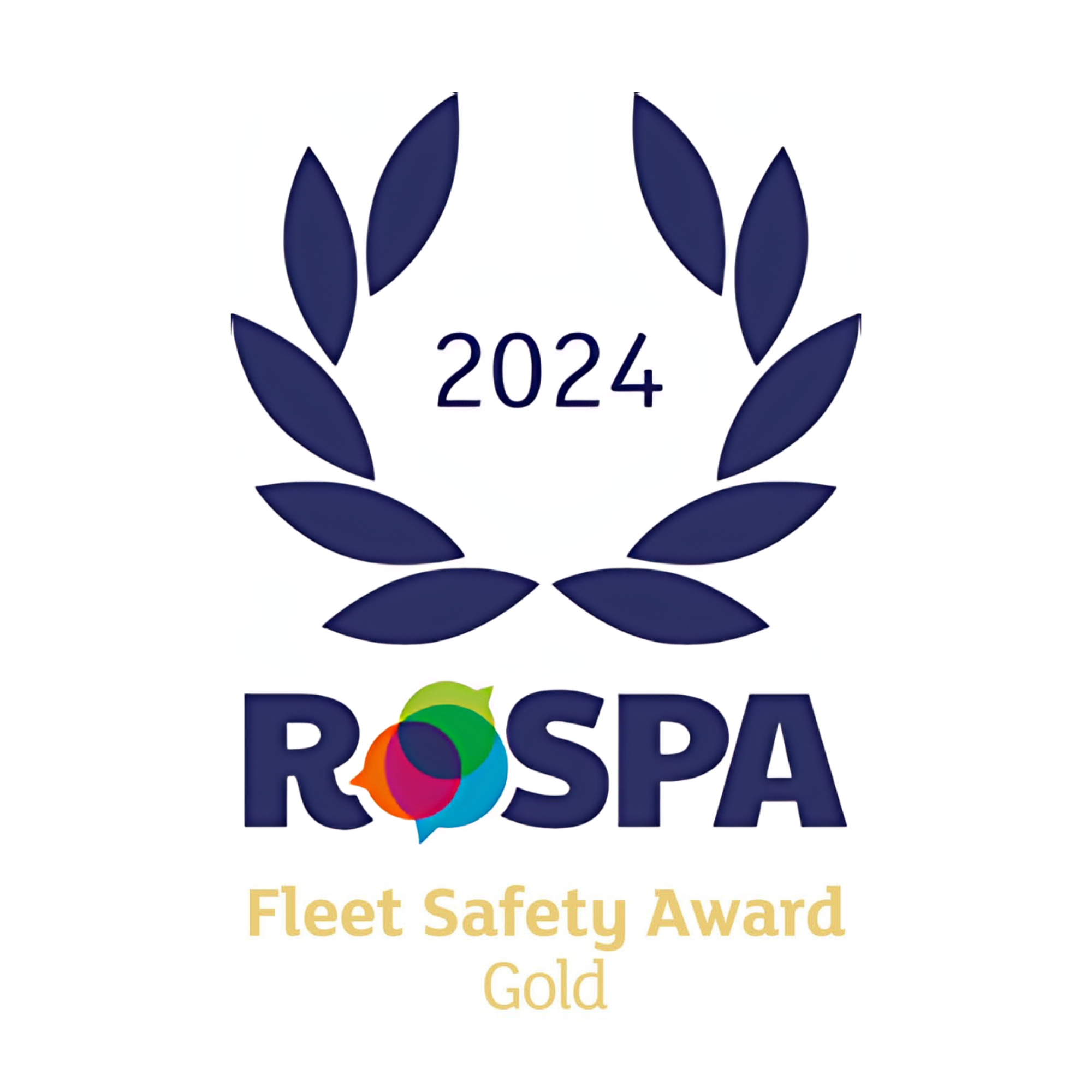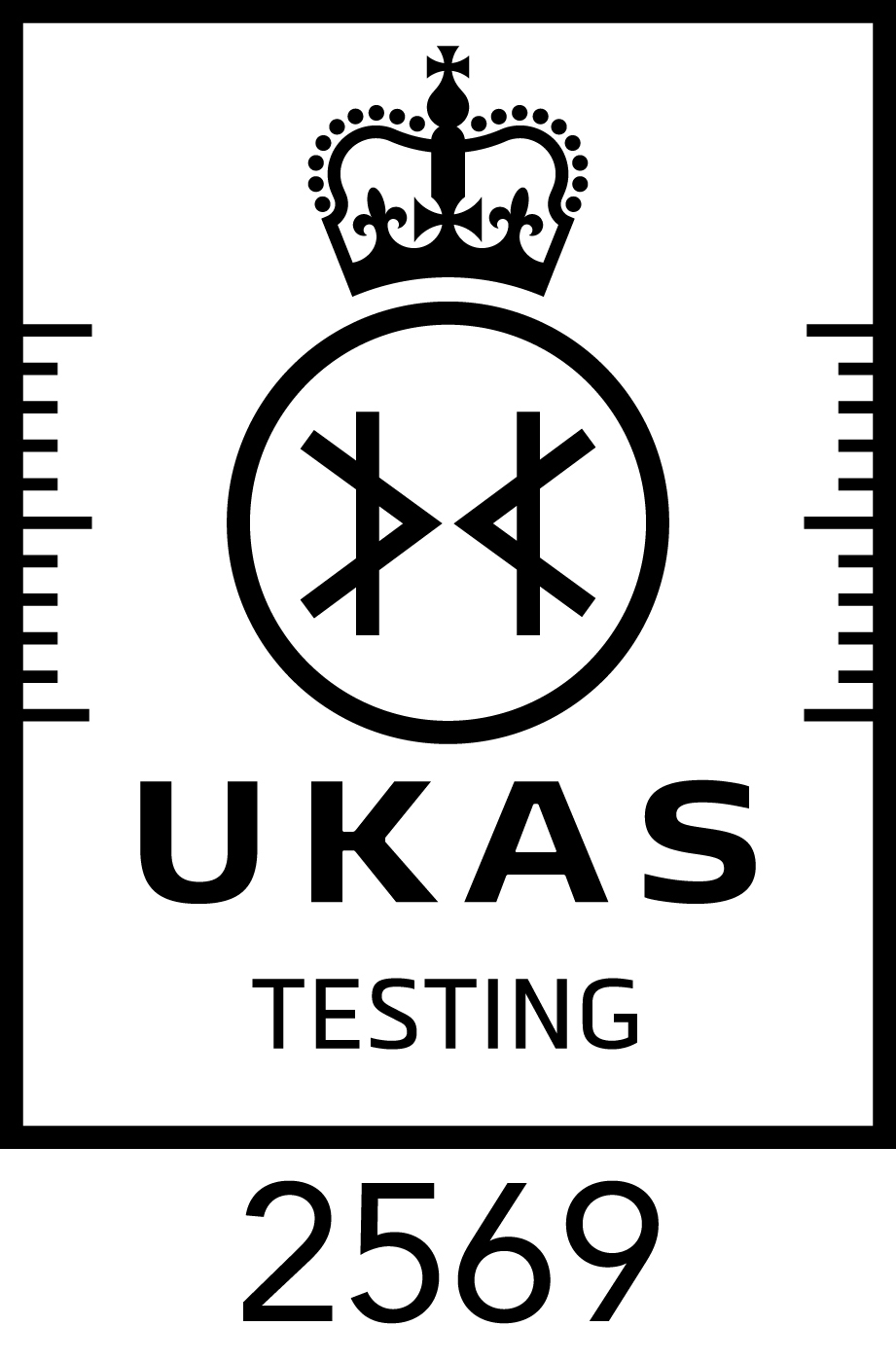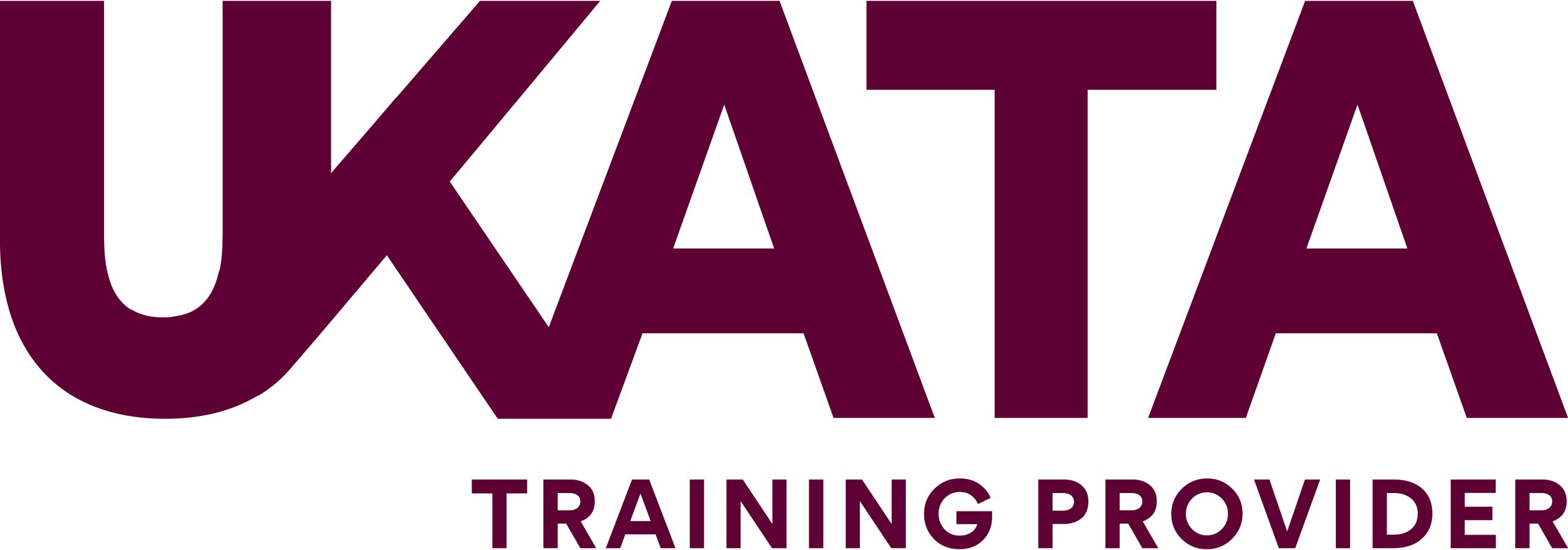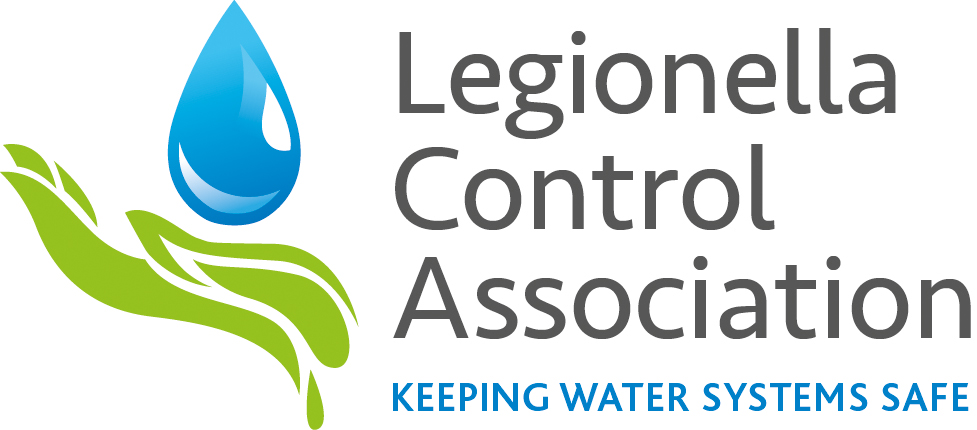Our Radiation Protection Advisers are certified by the assessing body RPA2000, and possess both the qualifications and experience to help your organisation provide a safe and compliant work environment.
Radiation Protection Advisers (RPAs) are recognised authorities who are qualified to provide advice to employers working with ionising radiations and guidance on how to comply with relevant health and safety regulations.
In the UK, the Ionising Radiations Regulations 2017 (IRR17) states that all employers who work with ionising radiations must seek advice from an RPA.
At Lucion, our RPAs have over 100 years of collective experience, providing round-the-clock radiation protection services to a wide range of sectors from energy to education.
Our highly-qualified team has the technical know-how to deliver first-class radiation services that will help your company provide a safe working environment for employees and achieve regulatory compliance.
Our RPAs are all certified by the assessing body RPA2000, which is recognised by the Health and Safety Executive (HSE) – and have both the qualifications and experience to help your organisation provide a safe and compliant work environment.


